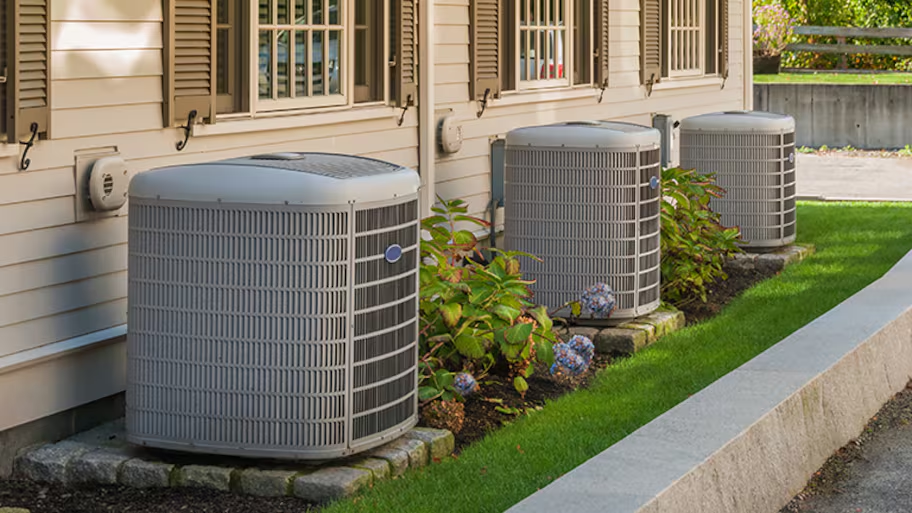
The essence of investing in residential HVAC systems is to keep your house comfortable when the weather outside is too hot or cold. And that’s easy to see since the unit heats your home when its cold outside and exchanges the hot and stale air with cool air from outside. This explains why it is a must have in just about any home.
Considering residential HVAC systems don’t come at a throw-away price, you must make it the norm to handle them with a lot of care. As the unit works hard to guarantee a comfortable temperature in your home, it is susceptible to wear and tear. This leads to different mechanical issues in the long run.
If you skimp on proper care and maintenance, residential HVAC systems can leave you spending a lot of money on repairs or replacements that you could have channeled somewhere else. Understanding what it takes to significantly reduce repairs not only leads to money-saving benefits, but it can enhance the comfort of your living space.
Not to mention it has the potential to extend the lifespan of your residential HVAC system. But how do you go about this hassle-free? As a good starting point, you should make it the norm to conduct regular checks. Regular inspections tend to offer you a glimpse of what’s transpiring with your HVAC unit.
Any issues with your residential HVAC system, such as the accumulation of debris or a screeching sound can never go undetected with regular inspections of the unit. Unusual sounds signal that all the moving parts need professional cleaning and lubrication.
It doesn’t end at that since you need to replace the air filters also. Remember, air filters are vital components of your HVAC unit since they trap and prevent debris, dirt, dust, and other pollutants from getting into your AC and circulating in your living space.
But if they’re clogged or dirty, they can inhibit airflow. Replacing air filters is precisely what you need to reduce wear and tear, thus increasing the lifespan of your unit.